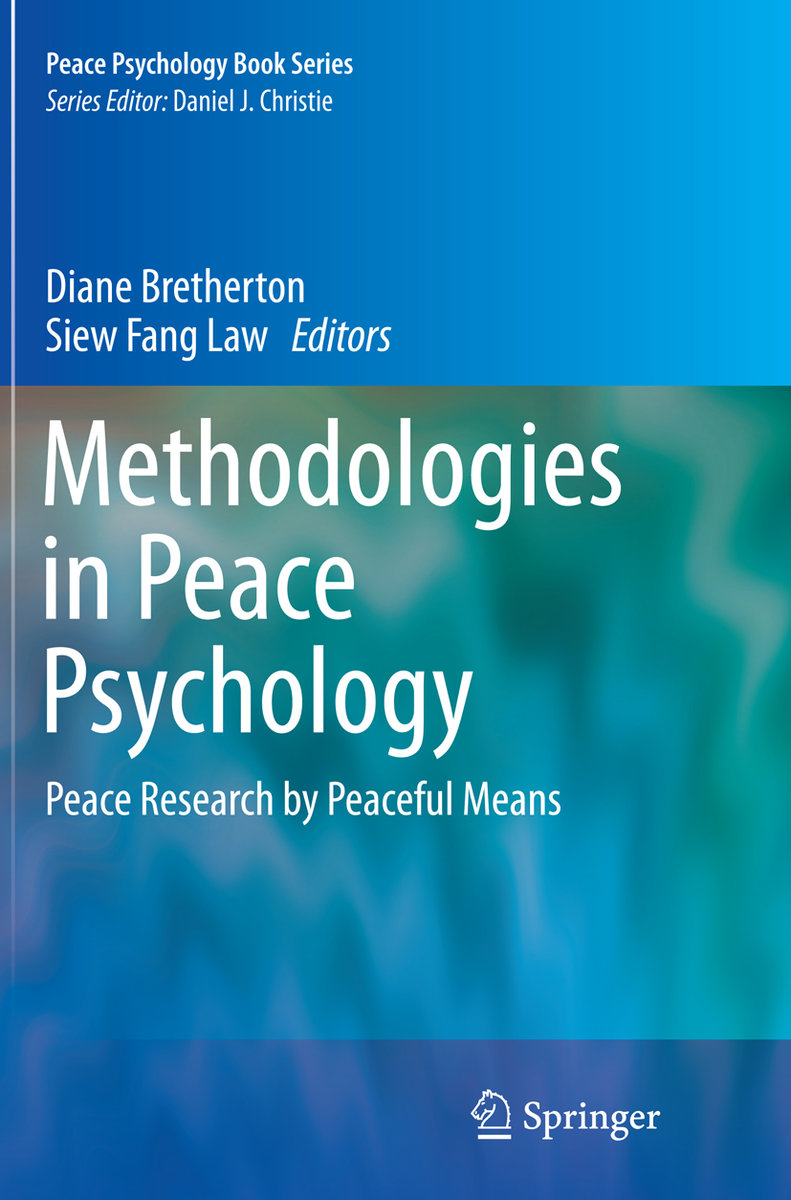Our world appears to be in endless crisis and increasingly people wonder if they can do something to make a difference. But what role should researchers take? Can we sit aside from the problems of the world or should we be actively engaged in social transformation? Are we equipped to deal with the challenges of the 21st century? Can we help to build a more peaceful world? Perhaps it is time for us to re-imagine the nature of research and its relationship to the increasingly complex problems of the world.
This unique and timely book describes existing methods of inquiry in psychology, and then explores innovative approaches that use interactive workshops, the creative arts and the social media to more actively engage with communities in building peaceful relationships. Organized thematically, the volume begins with a review of the established best practices in peace psychology, including methods for quantitative, qualitative and mixed methods
designs. The core argument is that peace research should be conducted by peaceful means, and should model peaceful processes. In exploring this argument, the volume points to some of the limitations of working for peace within the tradition of a single discipline and to the need to expand psychology methodology, to methodologies. The compilation of chapters, from authors in different parts of the world gives inspiration to readers to create their own innovative, reliable and context appropriate research designs, ones that could make a real difference.
Traditional research approaches have provided a strong foundation, particularly in understanding the nature of violence, but in the 21st century researchers will need to reach out to a wider range of cultural groups, to be more active in building peaceful communities and societies, and so be more creative in their approach. Creativity is essential in conflict resolution, in peace building and in peace research. The concluding chapters synthesize key issues from the previous chapters, and raise ideas for the future implementation of research designs and practices. Finally, the book discusses the nature of academic knowledge, and more specifically, academic knowledge in peace psychology, and where it fits into the mission to build a more peaceful world. Methodologies in Peace Psychology: Peace Research by Peaceful Means is a useful tool for both new and experienced researchers because it provides leads for idealistic young researchers who want their work to make a difference, in addition to encouraging more reflection and analysis for experienced peace psychologists.



